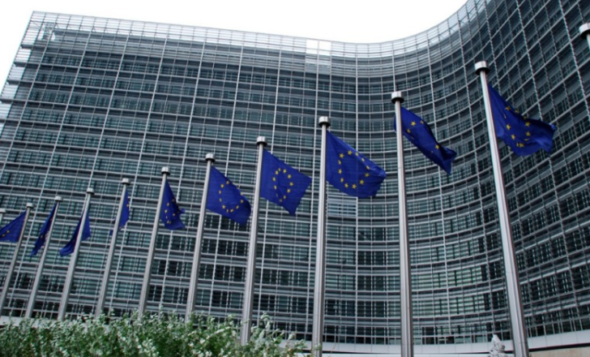The European Council summit on February 9 will be attended by the President of Ukraine, who will seek new sanctions for Russia’s invasion of his country. It is not very likely that Poland’s request to impose sanctions on the Druzhba oil pipeline will be met. Warsaw wants the pipe to be sanctioned to drop the Orlen-Tatneft contract without financial penalties. However, a gateway to Kazakh oil may be opened.
President Volodymyr Zelensky is to visit Brussels at the invitation of the President of the European Council Charles Michel during a meeting of this EU body on February 9. The politicians will talk about the tenth package of sanctions against Russia for its invasion of Ukraine on February 24, 2022.
Ukraine mainly seeks for sanctions in the nuclear sector, as BiznesAlert.pl previously reported. These, however, may be limited by the fact that some European countries remain dependent on nuclear fuel from Russia, which, according to EURATOM, takes up to seven years to abandon. Nevertheless, Poland and the Baltic states are seeking such sanctions.
Meanwhile, sanctions on the Druzhba Oil Pipeline, which Poland is seeking to belatedly implement Prime Minister Mateusz Morawiecki’s declaration to abandon oil from Russia, may not be on the agenda. The Poles demanded them to avoid paying a financial penalty to Russia for the possible termination of the last Orlen-Tatneft agreement valid until the end of 2024. „The Commission is unlikely to include such sanctions in its proposal,” says BiznesAlert.pl source in Brussels.
Another source warns that the new rules may contain a loophole that will allow Russia to supply oil and petroleum products despite the maritime embargo and the maximum price in the European Union.
„If, in order to meet the maximum price, the Russian raw material is significantly processed, that is, it is refined and changes its designation in a third country other than Russia, it is no longer treated as of Russian origin, and therefore the maximum price does not apply,” read the European Commission’s guidelines of February 4, 2023.
This means that Russian oil mixed with another, for example, from Kazakhstan, will not be subject to the maximum price. It is worth recalling that Germany wants to start buying Kazakh oil KEBCO via the Druzhba Oil Pipeline under an agreement with the Russian Transneft, which was approved by the Kremlin. „An intermediate scenario with a partial participation of oil imports from Kazakhstan, which will actually be repackaged Russian barrels, is possible,” we wrote on BiznesAlert.pl in November 2022, in the context of deliveries to the Schwedt refinery, where Germans do not want to replace Russia’s Rosneft Deutschland with Polish Orlen.









